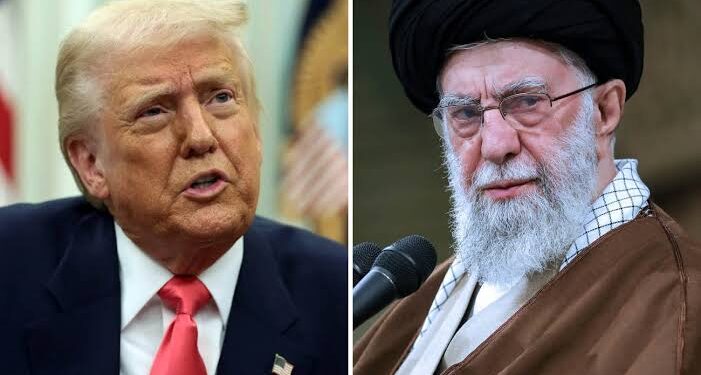Amid intensifying global scrutiny over the Israel-Iran conflict, U.S. President Donald Trump on Monday claimed a ceasefire agreement had been reached between the two nations.
However, Iran swiftly denied the claim, stating it had received no such proposal from Washington. Iranian Foreign Minister Seyed Abbas Araghchi took to X (formerly Twitter) to clarify, “As of now, there is NO ‘agreement’ on any ceasefire or cessation of military operations.”
The Iranian minister emphasized that while Tehran may halt its retaliatory actions if Israel ceases its “illegal aggression” by 4 a.m. Tehran time, the final decision regarding the continuation or cessation of Iran’s military operations remains pending. Meanwhile, Israel has not officially commented on the U.S.-brokered ceasefire claim. According to reports in Hebrew media, Israeli Prime Minister Benjamin Netanyahu is conditionally open to a truce—only if Iran commits to halting its missile attacks. The Israeli military has so far declined to issue a formal response.
President Trump announced the ceasefire on his platform, Truth Social, following Iran’s missile strike on the U.S.-used al-Udeid Air Base in Qatar. Trump stated the ceasefire would unfold in stages over 24 hours, beginning with Iran’s pause in operations, followed by Israel, and concluding with an “official end” to what he termed the “12 Day War.” Despite his celebratory tone, conflicting statements from Iran and Israel have left the truce’s status uncertain.
The confusion comes amid reports of continued military activity and explosions in the region, including one at a military base in Baghdad shortly after Trump’s announcement. With tensions still simmering, global powers have urged restraint as questions remain over whether diplomacy or further escalation lies ahead.





























